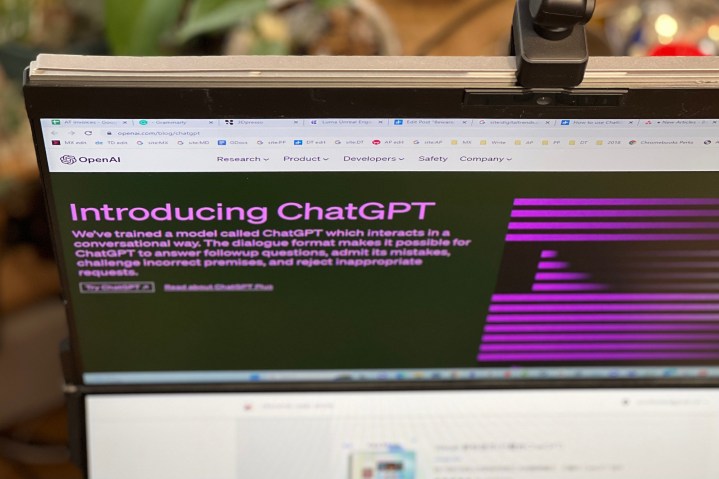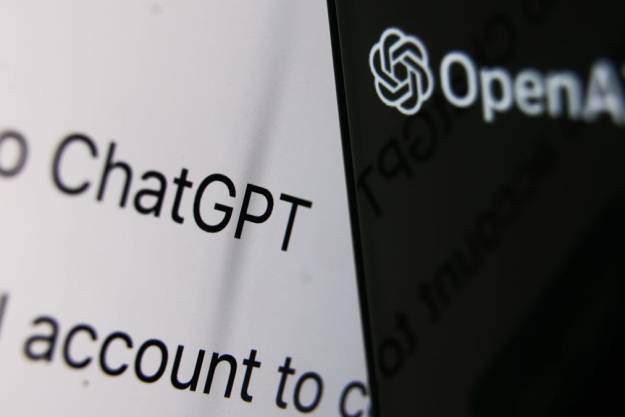There’s nothing quite like the nonprofit research group turned for-profit company OpenAI chasing down a computer science student over an open-source GPT-4 project. Sounds ridiculous, but it’s true. The creators of ChatGPT are threatening a lawsuit against student Xtekky if he doesn’t take down his GPT4free GitHub repository.
As reported by Tom’s Hardware, GPT4free is an open-source project from a European computer science student. The student identifies as Xtekky, and his tool pings various websites that use GPT-4. You can clone the repository, set up the chatbot locally on your PC, and interact with GPT-4 without paying for OpenAI’s ChatGPT Plus service.

What’s important about this approach is that it doesn’t utilize OpenAI’s GPT-4 application programming interface (API) directly. OpenAI charges fees to services that use its API, and GPT4free simply reaches out to those services to receive responses.
You can already use GPT-4 for free through services like Microsoft’s Bing Chat and Quora’s Poe platform. These services foot the bill for OpenAI’s API, and GPT4free is using these services to provide responses through a local chatbot.
Nothing is ever free on the internet, and services like Bing Chat help offset the cost with advertisements. GPT4free skirts these ads, but the developer points out that these services make their APIs available and that any of them could block external requests. They haven’t done so.
It doesn’t seem the heat is coming from these external sites, either. In an interview with Tom’s Hardware, the developer noted: “…it seems that this [legal threat] solely comes from OpenAI and they basically claim that I am directly attacking them.”
The notice told the developer to take down the project from GitHub within five days to avoid a lawsuit. Xtekky hasn’t given in yet, though. The project remains live on GitHub, and the developer says OpenAI should file a formal complaint through GitHub’s DMCA process rather than trying to pressure him alone.
Xtekky is making changes to GTP4free, however. The project is moving to a new processing system for requests and rebranding, likely to avoid any legal troubles that could stem from using “GPT” or a similar logo to OpenAI.
OpenAI originally started as a non-profit AI research group in 2015. After releasing two open-source AI models, the company restructured as a for-profit partnership, closely aligning with its release of the GPT-3 model, which is not open-source. Its successor, GPT-4, is not open-source, either.
Editors' Recommendations
- The best ChatGPT plug-ins you can use
- GPT-4 vs. GPT-3.5: how much difference is there?
- OpenAI needs just 15 seconds of audio for its AI to clone a voice
- Copilot: how to use Microsoft’s own version of ChatGPT
- GPTZero: how to use the ChatGPT detection tool


